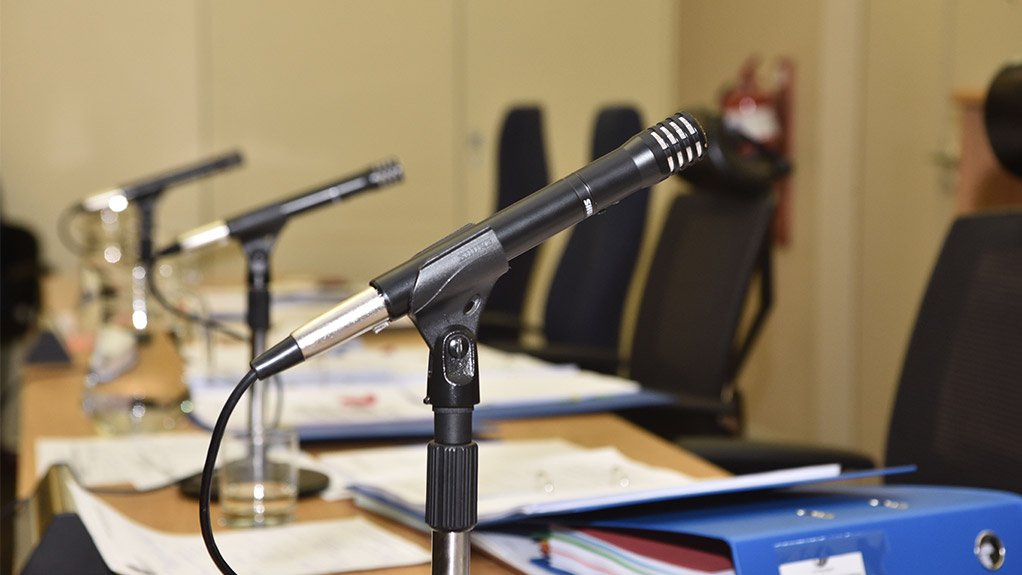/ MEDIA STATEMENT / The content on this page is not written by Polity.org.za, but is supplied by third parties. This content does not constitute news reporting by Polity.org.za.
The Competition Tribunal (“the Tribunal”) has confirmed a settlement agreement between Pretoria Portland Cement Company Limited (“PPC”) and the Competition Commission (“the Commission”) which, in effect, grants the cement company, a successful leniency applicant, final immunity from prosecution in the so-called Cement Cartel case. PPC has also been granted immunity from an administrative penalty (a fine).
The settlement agreement
In terms of the settlement agreement, PPC admits that it was involved in collusive conduct i.e. price fixing and dividing markets, which is in contravention of sections 4(1)(b)(i) and (ii) of the Competition Act (“the Act”).
PPC undertakes that it will not engage in price fixing or any form of prohibited conduct in the future and commits to competitive pricing going forward. In addition, PPC will develop, implement and monitor a competition law compliance programme, incorporating corporate governance. This is with a view to ensuring that its employees, management, directors and agents do not contravene the Act in future.
Background
The cement industry cartel case stemmed from a Commission investigation launched in June 2008, which probed alleged anti-competitive conduct in the cement industry in South Africa. This was against a backdrop of meetings held as far afield as Paris and Zurich as well as agreements stemming from various meetings held both locally and abroad.
The allegations that Natal Portland Cement Cimpor (Pty) Limited (“NPC”), PPC, Lafarge Industries South Africa (“Lafarge”) and AfriSam Consortium (Pty) Ltd (“AfriSam”) had engaged in cartel conduct between 1995 and 2009 culminated in the Commission raiding the companies’ offices in June 2009.
PPC then applied for immunity from prosecution (“leniency”) in terms of the Commission’s Corporate Leniency Policy. In its application, PPC admitted to engaging in collusive conduct and implicated Afrisam, Lafarge and NPC in the collusive conduct. PPC was subsequently granted conditional leniency in November 2009, in exchange for it helping the Commission to prosecute the remaining alleged cartel members.
The Commission’s case
The Commission’s allegations included that the companies had agreed in 1995 to allocate each cement producer the market share it had held before 1996 when a lawful cement cartel existed under apartheid – and that the cartel had agreed to collude and divide up cement markets in South Africa, Lesotho, Botswana, Swaziland and Namibia (the Southern African Customs Union region).
The Commission also alleged that, following a price war, the cement companies held a series of meetings and concluded further collusive agreements in order to stabilize the industry. This culminated in a 1998 meeting in Port Shepstone during which a second agreement was allegedly reached, refining the 1995 agreement and reallocating market shares. There were a number of follow up meetings until about 1999 or 2000.
Afrisam and Lafarge
Both AfriSam and Lafarge admitted to contravening the Competition Act. AfriSam settled with the Commission in November 2011 paying an administrative penalty of R124 878 870. Later in March 2012, Lafarge also settled and paid a R148 724 400 fine.
Both Afrisam and Lafarge had also agreed to cooperate with the Commission in its pursuit of the case against NPC. This meant NPC was the only company left facing the allegations.
NPC
NPC denied that it had contravened the Act or that it was liable to pay an administrative penalty. The Commission later referred the case against NPC to the Tribunal for prosecution.
In December 2019, the Tribunal dismissed a case of indirect price fixing and market division against NPC. The Tribunal’s order and reasons can be accessed on the Tribunal website via the following link: https://www.comptrib.co.za/case-detail/6418. On 7 August 2020, the Competition Appeal Court dismissed the Commission’s appeal and found, as the Tribunal had, that NPC was not part of the cartel involving the other cement manufacturers.
Issued by Competition Tribunal
EMAIL THIS ARTICLE SAVE THIS ARTICLE ARTICLE ENQUIRY
To subscribe email subscriptions@creamermedia.co.za or click here
To advertise email advertising@creamermedia.co.za or click here











